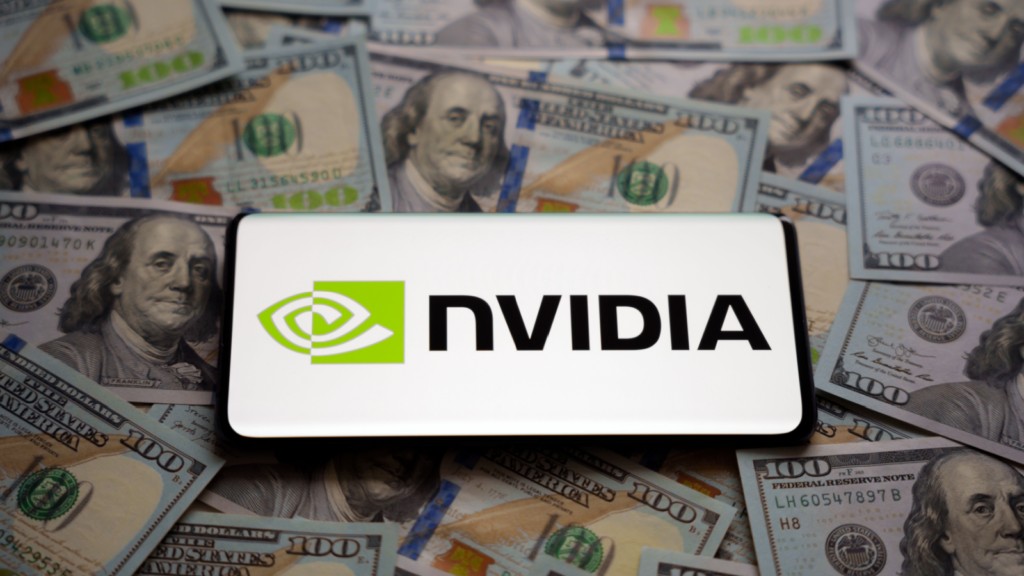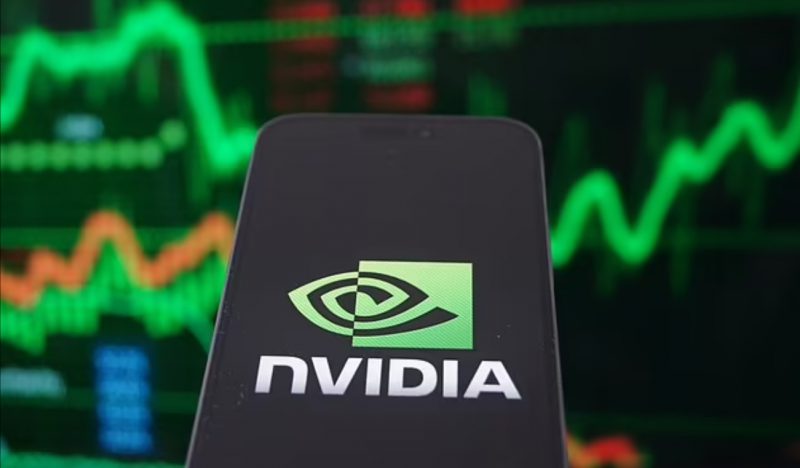Nvidia is the talk of the town in the US stock market as its market cap surpassed $3 trillion on Wednesday. It briefly topped Apple and continues its phenomenal rise in the markets being among the top-performing assets. On Wednesday’s trade alone, Nvidia stock spiked more than 5% with a 60 point surge in the charts. It successfully breached the $1,200 mark and ended the day’s trade at $1,224. It is now the most sought-after stock in the US markets for its stellar performance in the indices.
Also Read: Gold Prices Forecast: UBS Hikes Its Target For 2024
Nvidia: Should You Invest $1,000 Now?


Leading on-chain metrics and price prediction firm CoinPriceForecast has painted a bullish picture for Nvidia stock. The prediction forecasts that Nvidia could spike further in the charts this year and generate profits for investors. According to the price forecast, Nvidia stock could reach a high of $1,704 this year in 2024.
Also Read: Cryptocurrency: Pepe Coin Investor Makes $5.3 Million in Just 6 Months
That’s an uptick and return on investment (ROI) of approximately 39% from its current price. Therefore, an investment of $1,000 could turn into $1,390 if the forecast turns out to be accurate. This puts Nvidia in the spotlight as it has more juice to offer despite its price reaching a peak.
Nonetheless, the US and global stock markets are volatile and could crumble under macroeconomic pressures. If the next half of 2024 faces economic turbulence, the stock market would be the first to dip. Therefore, there is no guarantee that Nvidia stock could spike 39% and breach the $1,700 mark this year in 2024.
Also Read: Indian Rupee To Be Best Performing Currency Against US Dollar in 2024
It is advised to do thorough research before taking an entry position in Nvidia stock currently and trade at your own risk. The US stock market is grappling with concerns of inflation, low jobs data, and a dip in consumerism. The US debt is also worrisome and could make the markets crash.





